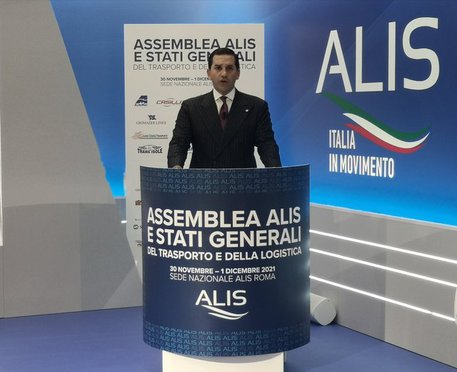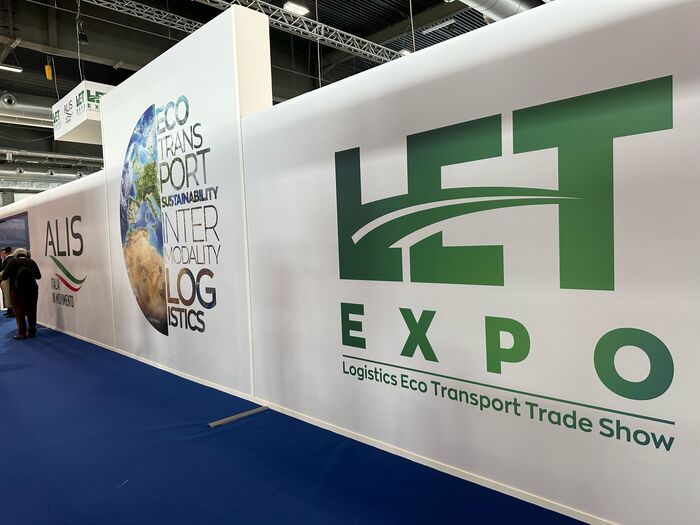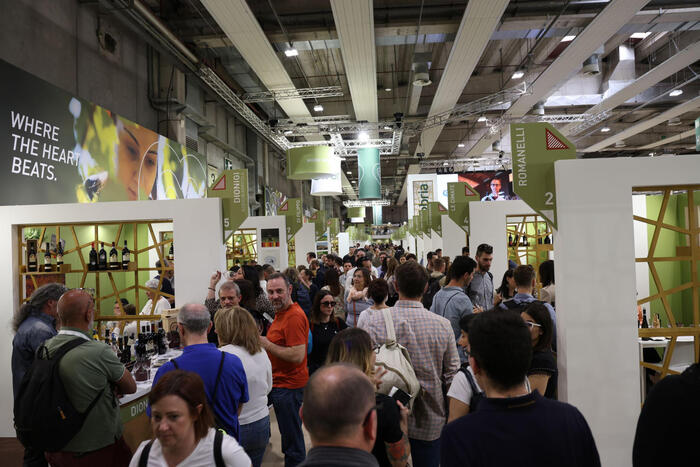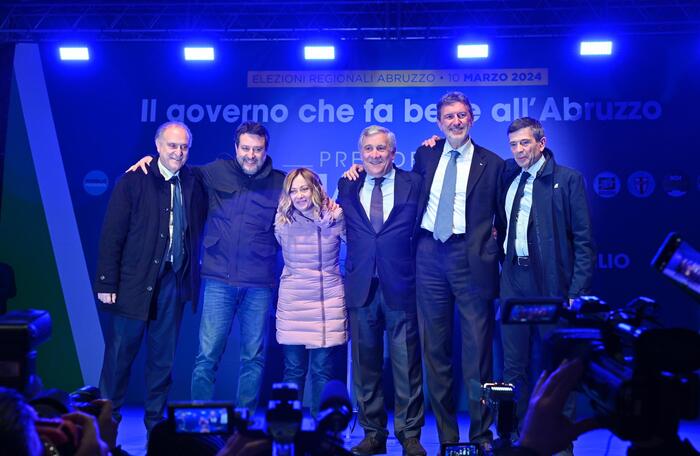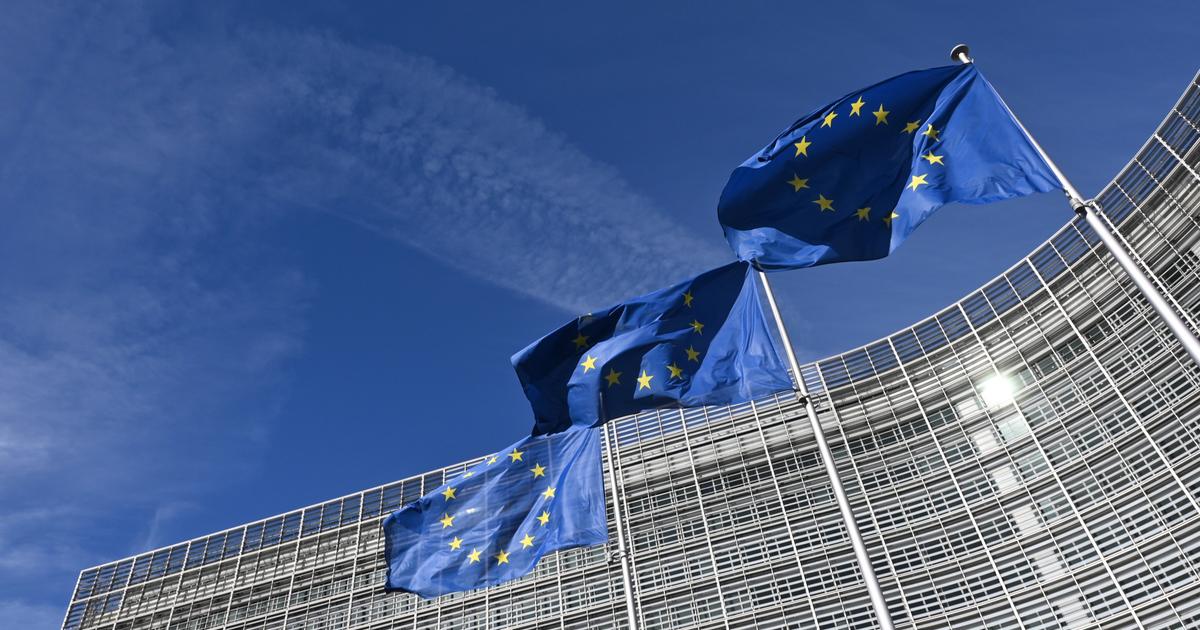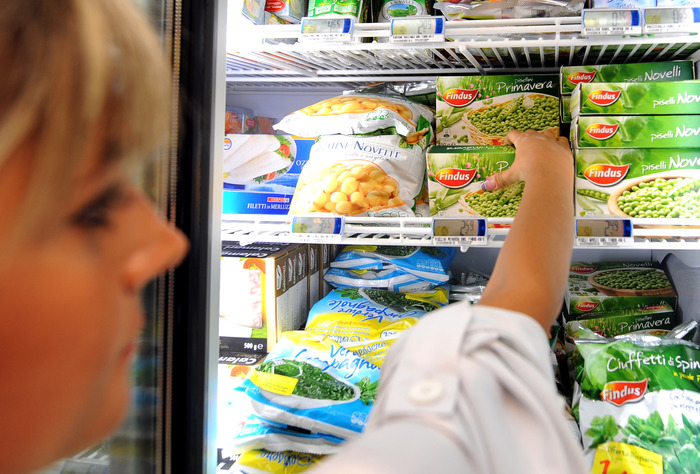Develop environmental sustainability through blue, green and circular economy, without neglecting, however, the economic and social one; encourage the creation of national champions who compete on the global market; enhance the entrepreneurial excellence of Made in Italy logistics transport at an international level; to encourage youth and professional training and the recruitment of qualified professionals such as drivers, seafarers and train drivers through tax exemption and tax reduction policies for logistics companies. These are some of the proposals, addressed to the government, with which the president of Alis (Logistics Association of Sustainable Intermodality) Guido Grimaldi opened the Assembly of the association, an event that brought together the General States of transport and logistics.A strategic sector, that of logistics, which represents about 10% of the Italian GDP, Grimaldi recalled.
"Our Association - he explained - is considered the first representative pole of the transport and logistics sector in Italy, with over 1,700 associated companies and companies, 135,000 vehicles, more than 142,000 annual maritime connections, more than 135 Autostrade del Sea, 200,000 annual railway connections, over 160 railway lines, an aggregate turnover of 34 billion euros and 203,000 workers ".
Grimaldi recalled how "the operators of the people of transport and logistics" have "played an essential and necessary role, facing daily difficulties and health risks, to guarantee the stability of production cycles and the delivery of basic necessities".
On the employment front, Grimaldi underlined how "since the beginning of the pandemic crisis our associated companies have made limited use of layoffs and have managed to safeguard all levels of employment, leaving no workers behind".
Grimaldi recalled the role of Alis, and of the entire transport and logistics sector, in the process of ecological transition: "Alis has always offered full availability and support to the government, through important associative events and numerous institutional meetings, aimed at proposing ideas and solutions for the growth of
Country System and to highlight both the strategic role of the sector, which represents about 10% of the Italian GDP, as well as the importance of intermodality that represents today, and certainly in the next few years, the only and most competitive way of sustainable transport " Grimaldi underlined the use by operators of latest generation Eeco ships "with which polluting emissions have been reduced by over 50% and, for some lines, by up to 70% per km transported. Furthermore, 'Zero emission in port' was achieved during the stop on the quay, thanks to the mega lithium batteries that are recharged during navigation, by means of shaft generators and solar panels. "According to a study by Alis, carried out in collaboration with SRM-Intesa San Paolo and SVIMEZ,thanks to maritime and railway intermodality in just one year, in 2020, 5.2 million trucks were stolen from Italian roads and from Italy to Europe, equal to 125 million tons of goods, thus generating a reduction CO2 emissions of over 4.4 million tons, with a cost saving of environmental externalities of 2 billion euros in Europe. To this is added a further economic figure, linked to the reduction of transport costs equal to 1 billion and 700 million euros per year of savings for industries and for all those who have used intermodality and, consequently, for the client, as well as for citizens who have bought goods and products at more competitive prices.2 million trucks from Italian roads and from Italy to Europe, equal to 125 million tons of goods, thus generating a reduction in CO2 emissions of over 4.4 million tons, with savings in external costs environmental impact equal to 2 billion euros in Europe. To this is added a further economic figure, linked to the reduction of transport costs equal to 1 billion and 700 million euros per year of savings for industries and for all those who have used intermodality and, consequently, for the client, as well as for citizens who have bought goods and products at more competitive prices.2 million trucks from Italian roads and from Italy to Europe, equal to 125 million tons of goods, thus generating a reduction in CO2 emissions of over 4.4 million tons, with a saving in external costs environmental impact equal to 2 billion euros in Europe. To this is added a further economic figure, linked to the reduction of transport costs equal to 1 billion and 700 million euros per year of savings for industries and for all those who have used intermodality and, consequently, for the client, as well as for citizens who have bought goods and products at more competitive prices.with a cost saving of environmental externalities equal to 2 billion euros in Europe. To this is added a further economic figure, linked to the reduction of transport costs equal to 1 billion and 700 million euros per year of savings for industries and for all those who have used intermodality and, consequently, for the client, as well as for citizens who have bought goods and products at more competitive prices.with a cost saving of environmental externalities equal to 2 billion euros in Europe. To this is added a further economic figure, linked to the reduction of transport costs equal to 1 billion and 700 million euros per year of savings for industries and for all those who have used intermodality and, consequently, for the client, as well as for citizens who have bought goods and products at more competitive prices.
Grimaldi then underlined the importance that "the choices and investments aimed at developing sustainability should be rewarded and accompanied, for example with incentive measures such as Marebonus and Ferrobonus".
"We have welcomed - he continued - the two directorial decrees of MIMS which, thanks to the requests also promoted by Alis, redefine the amounts by providing for an allocation, for 2021 alone, which goes from 25 to 45 million for the Marebonus and from 25 to 50 million for Ferrobonus ".
But for Alis it is desirable to make these structural contributions or at least confirm them until 2030, increasing the financial envelope up to at least 100 million euros per year for each measure.
In collaboration with:
Alis

